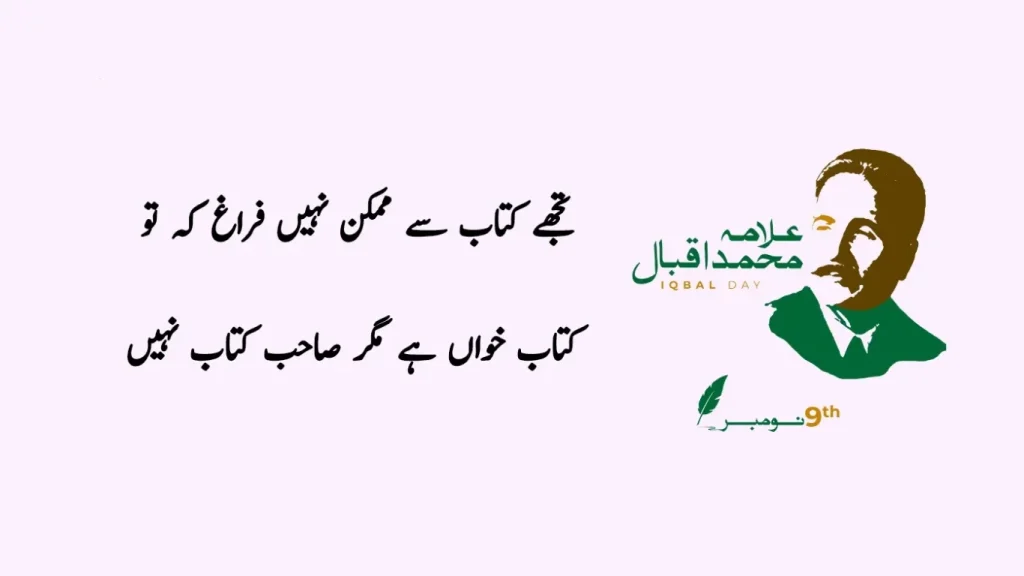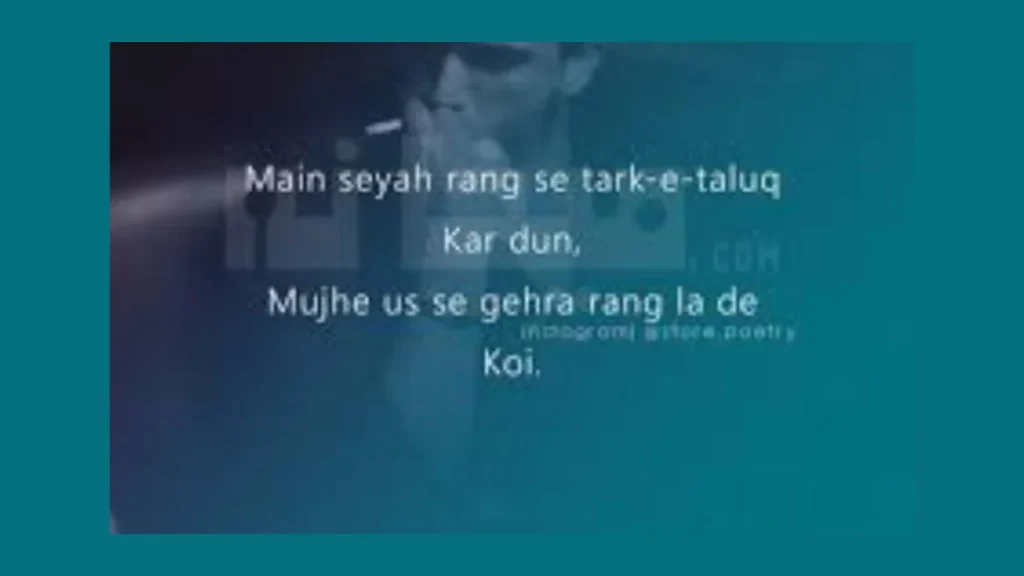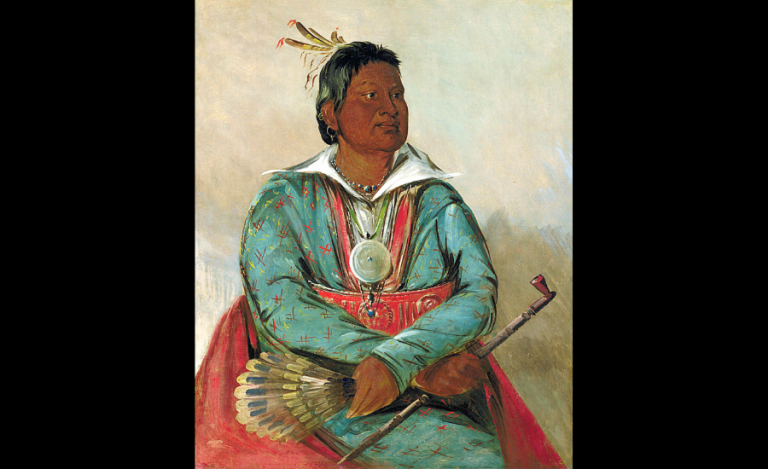Sab Samajhta Hoon Tere Eshwa-Gari: Cultural Significance, Origins, Emotional Intimacy, Relationships And More
The complexities of human emotions are eloquently expressed in Urdu, a language renowned for its poetic beauty and emotional resonance. Known for its romantic overtones and aesthetic appeal, it frequently condenses deep concepts into a small number of syllables. The expression “sab samajhta hoon tere eshwa-gari,” which means “I understand everything about your grace and allure,” is a perfect illustration of this. This statement conveys a genuine recognition of both inner beauty and outward composure, and it goes well beyond a simple complement.
This line, which has its roots in the great heritage of Urdu poetry, exemplifies the unmatched beauty and depth of language in expressing intense emotions. It goes below the surface and enables the speaker to express sincere praise in a way that the listener finds very moving.
This expression’s versatility is what gives it its timeless quality. Despite its ancient roots, it is still applicable in contemporary settings, whether in sincere discussions or as a component of charming and beautiful social media captions. Its capacity to unite modern modes of expression with cultural history is what gives it its enduring appeal.
This expression demonstrates the transformational potential of language. It demonstrates how Urdu keeps developing while maintaining its cultural core, guaranteeing that its poetry spirit endures and has significance in a world that is constantly changing.
Cultural Significance and Origins
The Urdu Poetry‘s phrase “sab samajhta hoon tere eshwa-gari” embodies a poetic and metaphorical quality deeply rooted in South Asian cultural traditions. In these societies, emotions are often expressed through layered, nuanced language, reflecting values of respect, empathy, and shared understanding. Words like “eshwa” (symbolizing grace or recognition) and “gari” (denoting weight or significance) mirror a cultural emphasis on honoring emotional depth and human connection.
South Asian languages are renowned for their ability to convey profound meaning through minimalistic yet impactful phrasing. Expressions such as this carry an emotional richness that extends beyond literal meanings, emphasizing the importance of empathy and shared experiences. This phrase, in particular, highlights the ability to understand someone’s inner struggles and admire their composure, blending emotional depth with cultural reverence.
Emotional Intimacy in Relationships
At its core, the sentiment conveyed by “sab samajhta hoon tere eshwa-gari” underscores the profound empathy that forms the bedrock of meaningful relationships. Whether in friendships, family ties, or romantic bonds, truly understanding another person’s emotions creates a sense of solidarity and trust.
When someone says this phrase, they are not merely acknowledging their comprehension of another’s feelings; they are validating the emotional burdens that accompany those feelings. This validation fosters emotional intimacy and mutual respect, which are essential for healthy connections. It also demonstrates an awareness of the complexities of human emotions, offering support and understanding without judgment.
Such expressions of empathy have the power to transform relationships, enabling individuals to build deeper connections. By recognizing the emotional weight someone carries, the speaker affirms their role as a compassionate and attentive presence in that person’s life.

The Impact of Language
Language wields immense power in shaping human relationships, and this phrase exemplifies its ability to convey empathy and emotional intelligence. In a world often marked by superficial communication, phrases like “sab samajhta hoon tere eshwa-gari” remind us of the significance of thoughtful and intentional expression.
This phrase is more than just a statement; it is a reflection of the human capacity for emotional connection. It demonstrates how carefully chosen words can encapsulate complex feelings, serving as a bridge between hearts and minds. The elegance and simplicity of such expressions reveal the timeless potency of language as a tool for fostering understanding and compassion.
Contemporary Relevance
In today’s interconnected world, expressions like “sab samajhta hoon tere eshwa-gari” are increasingly finding resonance beyond their traditional cultural settings. Social media, music, and cinema have embraced such emotionally rich phrases, using them to connect with diverse audiences on a profound level.
Modern artists, writers, and influencers often incorporate such expressions into their work, recognizing their universal appeal. By doing so, they bridge the gap between traditional cultural roots and contemporary forms of communication. Whether featured in a song, a heartfelt scene in a movie, or a social media post, these phrases continue to evoke timeless emotions that transcend cultural and linguistic barriers.
Ultimately, the enduring relevance of this phrase lies in its ability to articulate the shared human experience of empathy and emotional connection. Its poetic resonance and universal message ensure that it remains a cherished element of both traditional and modern expressions of emotion.
Decoding the Essence of the Phrase
The Urdu phrase “sab samajhta hoon tere eshwa-gari” carries profound emotional and cultural significance. Let’s break it down:
- “Sab samajhta hoon” translates to “I understand everything,” indicating a comprehensive grasp of the emotions or circumstances involved.
- “Tere eshwa” refers to “your grace” or “your dignity,” suggesting admiration and respect for the individual being addressed.
- “Gari” conveys the idea of “weight” or “burden,” symbolizing the emotional significance or gravity of the situation.
Combined, the phrase delivers a deeply empathetic message: “I understand everything, and I feel the emotional weight of your dignity or situation.” It is a heartfelt acknowledgment of another person’s struggles or emotions, blending admiration with compassion.
The Role of Empathy in Relationships
Empathy lies at the heart of human connection. Expressions like “sab samajhta hoon tere eshwa-gari” embody this principle, offering validation and support to others in moments of emotional vulnerability. When someone expresses genuine understanding of another person’s challenges, it creates a safe space where that person feels heard and valued.
In professional settings, for example, a leader using such an empathetic phrase can inspire trust and foster a collaborative atmosphere. By showing genuine concern, they strengthen relationships and build a supportive environment. Similarly, in personal relationships, this phrase deepens emotional bonds by emphasizing shared understanding and mutual respect.
The ability to express empathy through thoughtful language strengthens connections across all spheres of life, from friendships to family and romantic relationships, creating a foundation of trust and emotional security.
Modern Usage and Relevance
Although this phrase originates from classical Urdu, it continues to hold relevance in today’s fast-paced world. Modern communication, especially through social media, has embraced the beauty of Urdu expressions, weaving them into contemporary narratives. Phrases like “sab samajhta hoon tere eshwa-gari” are frequently shared on platforms like Instagram or WhatsApp, adding emotional depth to captions, messages, or posts.
For romantic occasions, this phrase is often used to express heartfelt admiration and commitment. Whether in a love letter, a proposal, or a personal message, it highlights the speaker’s willingness to recognize and cherish their partner’s worth. In cultural and literary events, the phrase is celebrated as a testament to Urdu’s poetic tradition, resonating with those who appreciate its timeless beauty.
This fusion of tradition and modernity demonstrates the adaptability of Urdu poetry, allowing it to thrive in the digital age while preserving its cultural essence.

Urdu Poetry: A Timeless Tradition
The richness of Urdu literature, particularly its nazms and ghazals, serves as the backdrop for phrases like this one. The ghazal, known for exploring themes of love, longing, and beauty, encapsulates complex emotions in concise, evocative language. It emphasizes not just external admiration but also an appreciation of the subtleties and depths of human connections.
Ghazal poets often employ metaphors and layered meanings to create an emotional resonance that transcends time and cultural boundaries. Their words capture universal feelings, such as love, hope, and sorrow, offering readers and listeners a profound connection to the human experience.
By preserving and celebrating the intricacies of love and empathy, ghazals ensure that the essence of Urdu poetry remains relevant, inspiring generations to find beauty and solace in its verses. This enduring appeal is a testament to the language’s power to convey the unspoken emotions that define human relationships.
Final Words
In conclusion, the phrase “sab samajhta hoon tere eshwa-gari” exemplifies the beauty and depth of Urdu’s expressive power. It transcends mere words, encapsulating emotions that connect people on a profound level. Rooted in cultural richness and poetic elegance, it serves as a timeless reminder of the importance of empathy, understanding, and emotional connection in our lives. As we navigate a rapidly changing world, such expressions continue to bridge tradition and modernity, proving that the right words can touch hearts, strengthen bonds, and celebrate the essence of humanity.
At Insight Graze, we celebrate the timeless beauty of language and culture, bridging tradition and modernity to keep the poetic spirit alive in a constantly evolving world.






